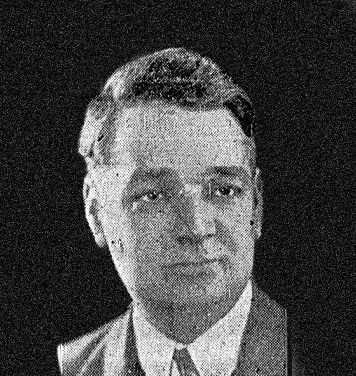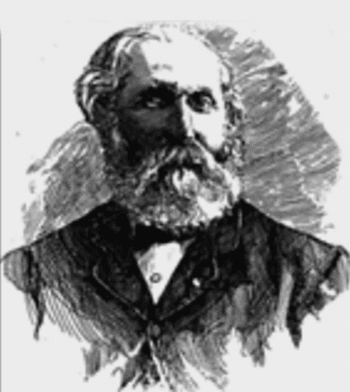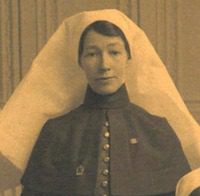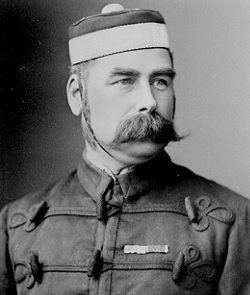Reuben Porter was born in Thames to English parents who emigrated to New Zealand in the early 1880s. The family moved to Christchurch then Auckland in 1892 opening Porter’s Dye Company in Karangahape Road. Reuben attended Beresford Street school leaving in 1903 to work as an apprentice learning the brass foundry and ship repairs trades.
He completed his apprenticeship at AJ Parker and Company where he met Harold Mason, who was to become his partner in Mason and Porter in later years. Reuben joined Harold and his wife Violet Filmer, on a trip to the UK where the pair observed the highly developed engineering industry in Britain.
In 1910 Reuben and Harold established a small engineering business called City Engineering which was classed as an iron factory. The company manufactured milking machine pumps with Reuben designing and making an improved vacuum pump and obtaining a patent.
Reuben met his wife Enid Amelia Haszard Barnett, who worked in the office of the Gane Milking Machine Company, when it approached City Engineering to make their vacuum pumps. Enid was the granddaughter of Amelia Jane Haszard who witnessed the eruption of Mt Tarawera in 1886 when her grandfather Charles and three of their children were killed.
Reuben and Enid married in 1913 and lived in Herne Bay in a house Enid’s grandmother provided. WW1 meant staff shortages on the foundry floor which were compounded by the influenza epidemic, so to keep the business viable, in 1916 they became Mason and Porter. The 1920s saw a change in direction as dairy farms installed electricity to drive their milking machines, and the company undertook a range of work from motor reconditioning and repairing tramway castings to manufacturing water pipes for the Auckland City Council.
In 1929 the prototype Masport RAPID lawn mower was produced. A brass and iron foundry operated separately in expanded premises with Enid having sorted out the office systems and restructured the costings. Reuben decided a more secure future would be achieved by mass production of a product to the public. The British and American imported lawn mowers were of poor quality and subject to a 40 per cent import tax.
In spite of the Depression, the RAPID hand-held mower was built and on the market in 1930 with great success. By the start of WW 11 the company had grown considerably, a women’s welfare section was added and the New Zealand government contracted the company to be its sole supplier of mowers.
The Gill estate in Mt wellington was purchased as new premises for the firm and in 1939 a new factory and plant was built. Reuben Porter was appointed Chairman of the Joint Allocation Committee set up to repair and build ships for the United States Army and Navyin the Pacific. After the war Reuben received an MBE in recognition of his war work.
The sudden death of his wife Enid in the early 1940s and the loss of her business acumen and administrative skills were acutely felt by Reuben and the company. In 1950 Reuben retired as Managing Director becoming Chairman of the Board. The 1950s saw the successful introduction of the ROTACUT motor mower and in 1958 sales hit 1 million pounds for the first time, with mowers making up 60 per cent of all sales.
Reuben Porter died in October 1964 aged 78 and will be remembered as an innovative, hard- working, sincere and humble man who was a leader of his time through the growth of New Zealand’s industrial design. Reuben Charles Porter 1886-1964 is buried in Block A, Row 14, Plot 93C.
Reuben’s Biography at Remuera Heritage
Reuben Charles PORTER
Died 1964
Block A Row 14 Plot 93C




